Robotics
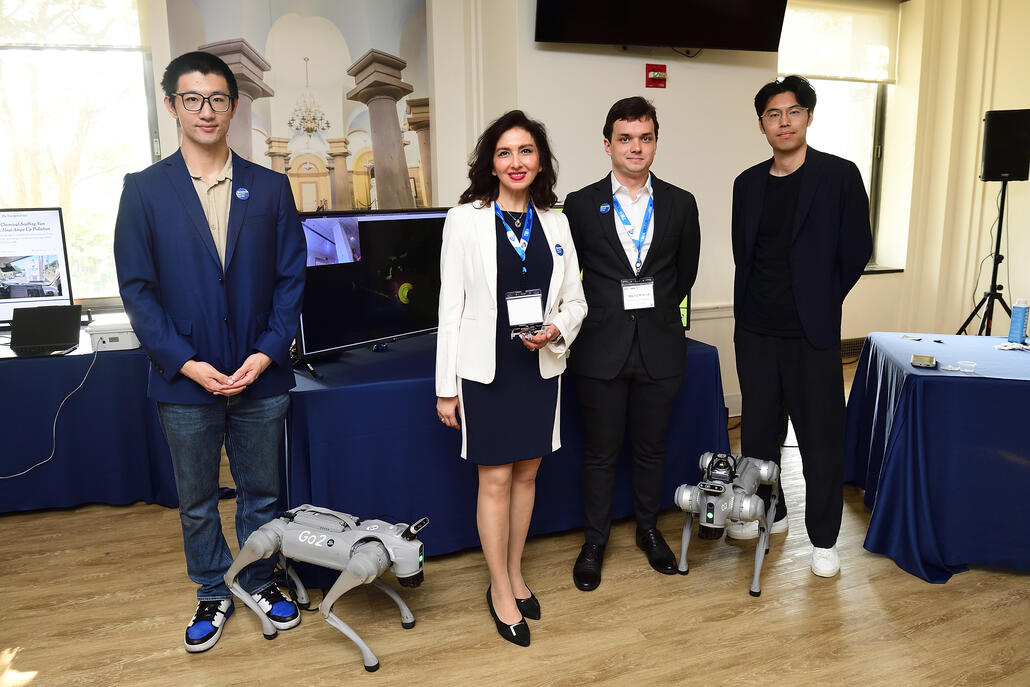
Build deep learning tools for medicine, music, and more.
The field of robotics is fundamentally multidisciplinary, integrating sensing, information processing, and movement to accomplish specific tasks in the physical world. Applications of these concepts appear in many areas including medicine, manufacturing, space exploration, disaster recovery, ordinance disposal, deep-sea navigation, home care, and home automation. As a robotics minor, you’ll work with faculty from the Laboratory for Computational Sensing and Robotics (LCSR) in collaboration with the academic departments and centers of the Whiting School of Engineering.
CLASSES YOU MIGHT TAKE
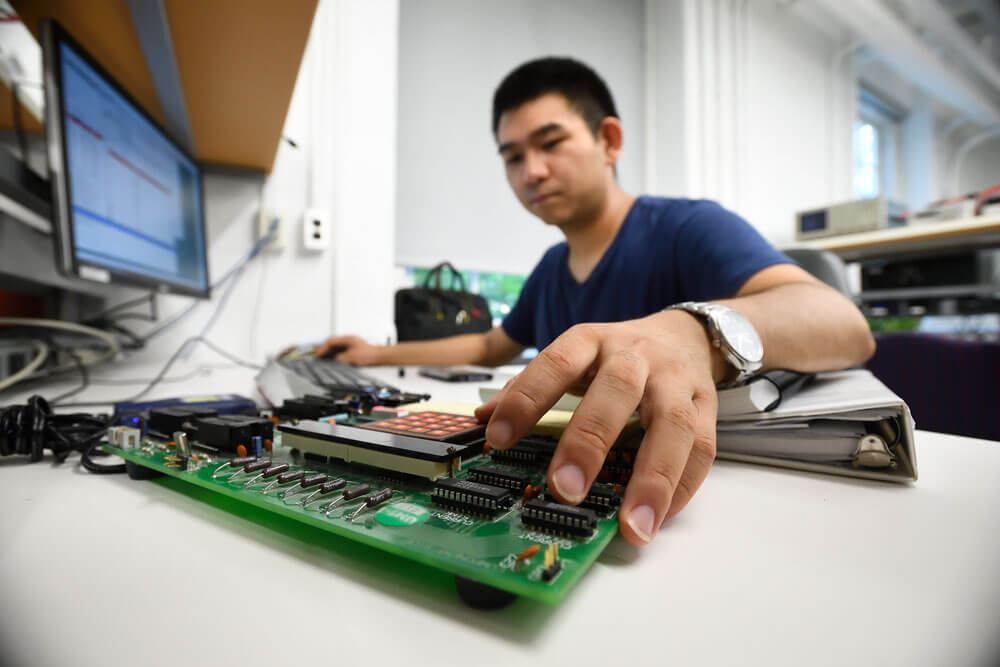
Machine Learning for Signal Processing
This course focuses on the use of machine learning theory and algorithms to model, classify, and retrieve information from different kinds of real-world signals, such as audio, speech, image, and video.
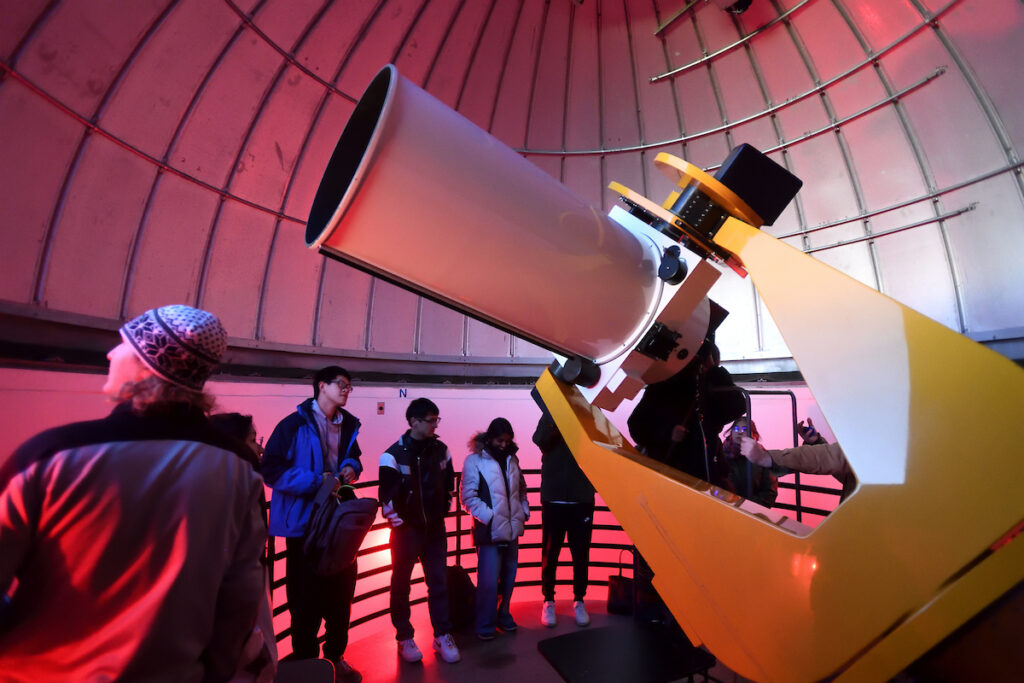
Dynamics of Robots and Spacecraft
This course introduces Lagrangian mechanics with application to robot and spacecraft dynamics and control. Topics include rigid body kinematics, efficient formulation of equations of motion by using Lagrange’s equations, solutions of equations of motion, Hamilton’s principle, and introduction to stability and control theory.
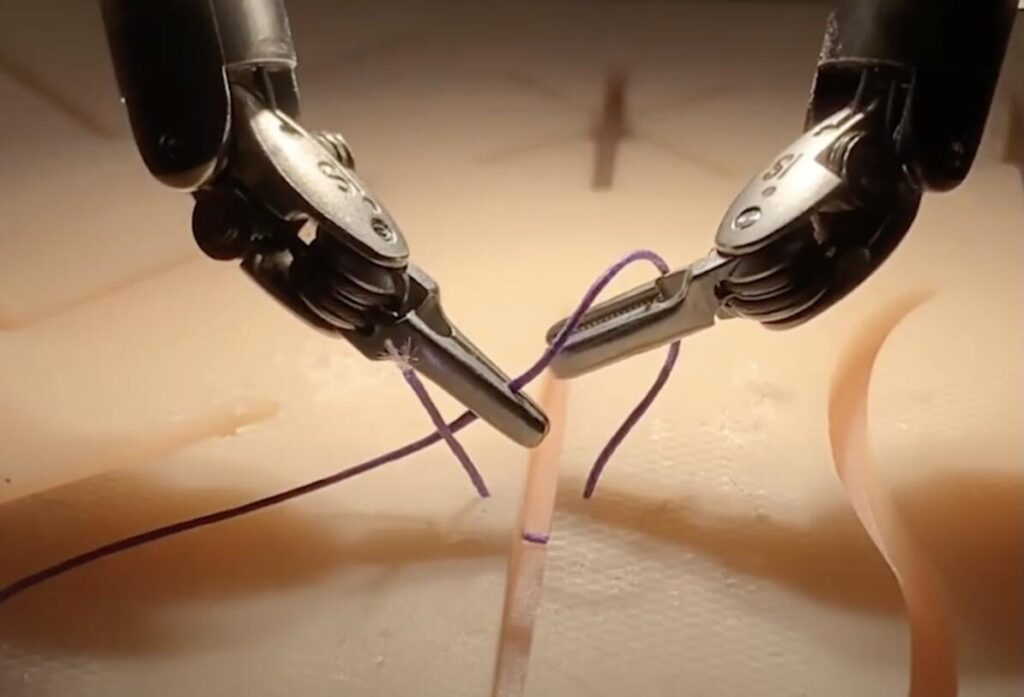
Human-Robot Interaction
This hands-on course investigates human-robot interaction and prosthetic control, with a focus on advanced man-machine interfaces including neural signal processing, electromyography, and motion tracking interfaces for controlling and receiving feedback from robotic devices.
Faculty Spotlight
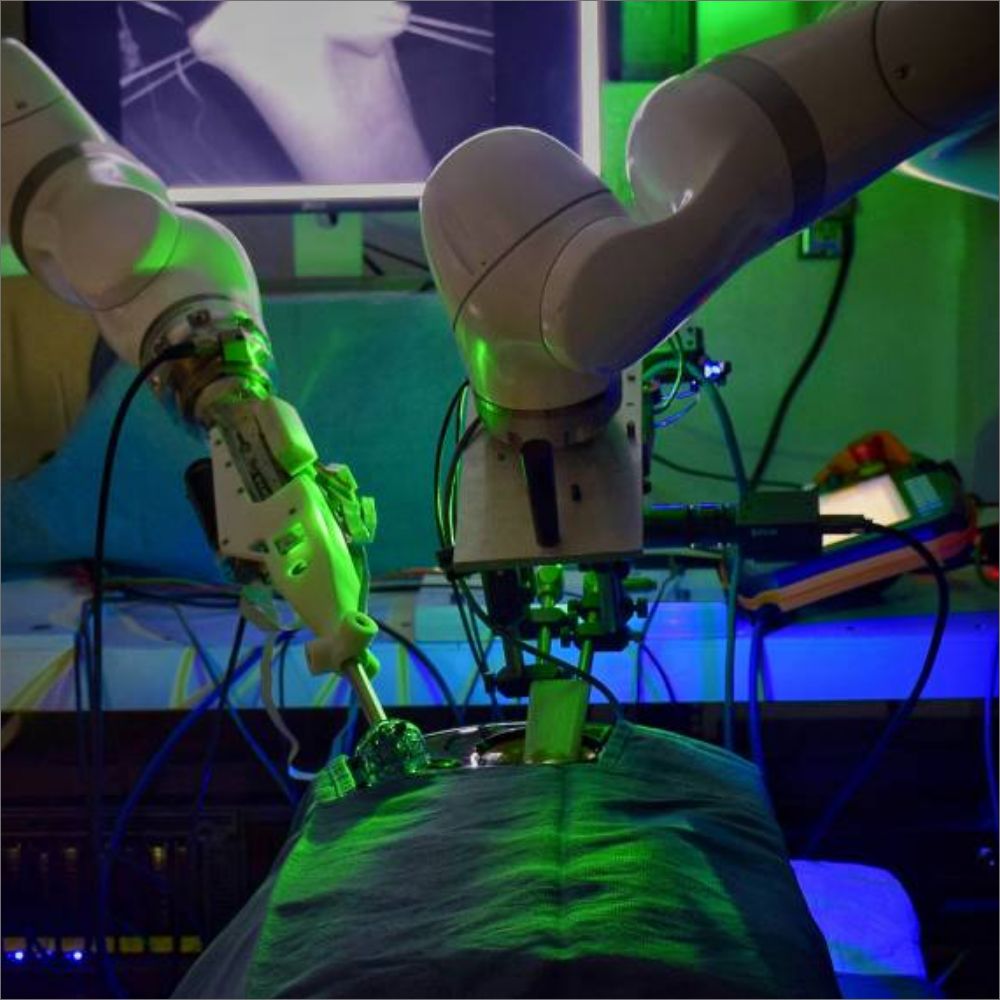
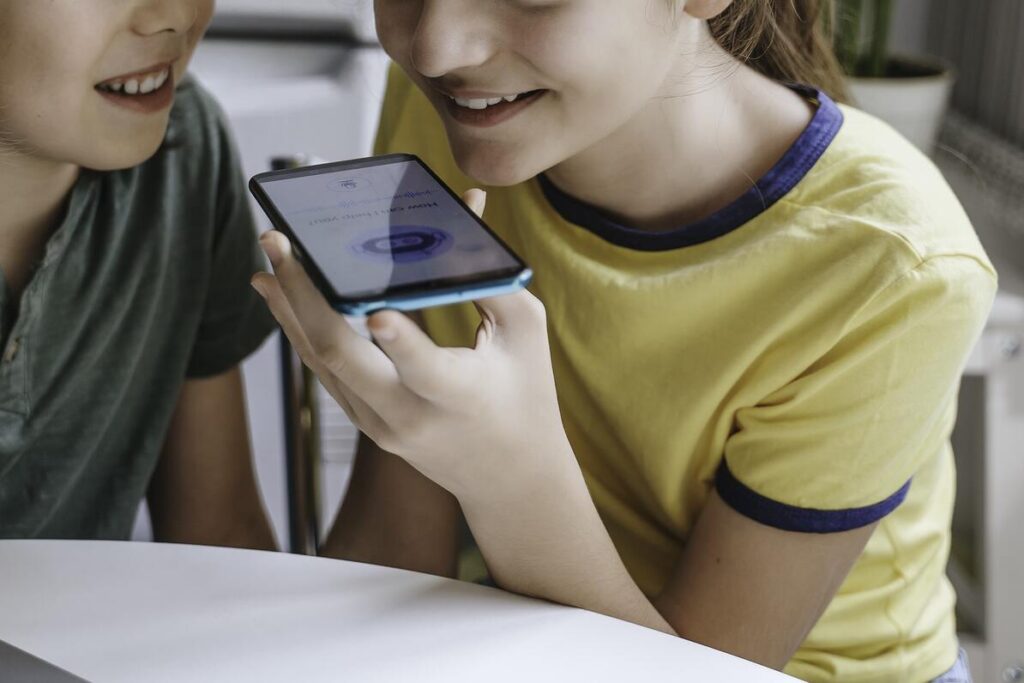
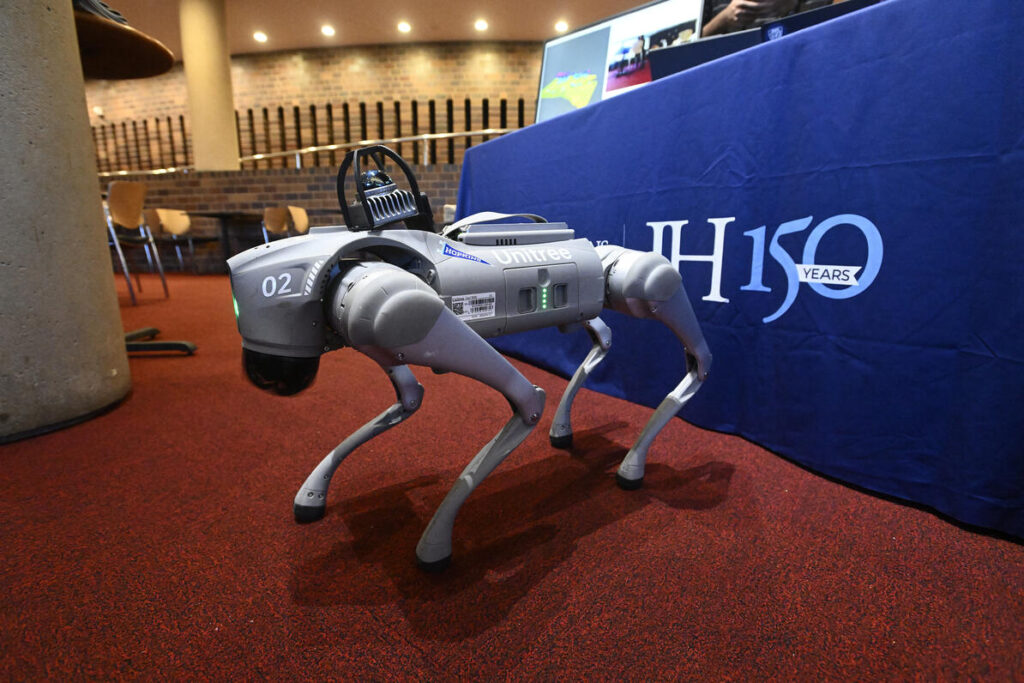
Join the Club
Hopkins students are eager to pursue their interests outside the classroom. With 430+ registered student organizations, here are just a few you could join: